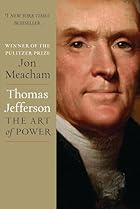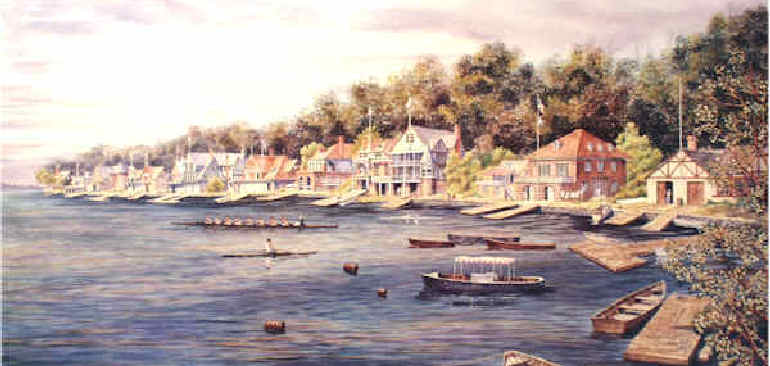Thomas Jefferson: The Art of Power
 Jon Meacham has once again produced superb biography on one of America’s founding fathers. I learned of Meacham’s skill as a writer and historian from his book, American Lion: Andrew Jackson in the White House. Jon Meacham’s most recent book, Thomas Jefferson: The Art of Power is a comprehensive and illuminating biography of one our greatest founding fathers. When thinking about this review I decided to try an answer the question – Why should you read this book? The book is not a casual read. The book contains 500 pages of the details of Jefferson’s life from his childhood to his death in 1826. There have been many biographies of Jefferson, good and bad. Why make the effort with this book and Thomas Jefferson?
Jon Meacham has once again produced superb biography on one of America’s founding fathers. I learned of Meacham’s skill as a writer and historian from his book, American Lion: Andrew Jackson in the White House. Jon Meacham’s most recent book, Thomas Jefferson: The Art of Power is a comprehensive and illuminating biography of one our greatest founding fathers. When thinking about this review I decided to try an answer the question – Why should you read this book? The book is not a casual read. The book contains 500 pages of the details of Jefferson’s life from his childhood to his death in 1826. There have been many biographies of Jefferson, good and bad. Why make the effort with this book and Thomas Jefferson?
Thomas Jefferson is perhaps the most complex of all the founding fathers. Benjamin Franklin comes nearest to to Jefferson as a scholar and diplomat but without the opportunity as president. Jefferson; the philosopher, scientist, farmer, governor, diplomat and president makes for nearly timeless insights into governing in a democracy. Meacham skillfully dissects volumes of material to describe how Jefferson became the leader we know. He also shows the multiple sides of Jefferson. For example, his life long philosophical opposition to slavery but a slave owner. A republican and believer in limited central government but the first president to exercise war powers and expansion of presidential power. The story of the Louisiana Purchase shows a pragmatic president acting for the good of the nation despite concerns of constitutionality.
This book is a valuable reference source for Jefferson insights that are entirely relevant today as 200 years ago. For example, in 1811 Jefferson wrote to his son-in-law John Wayles Eppes describing the infighting in Congress. This sentiment might equally apply today!
“United by no fixed principles or objects and destitute of evrything like American feeling, so detestable a minority never existed in any country — Their whole political creed is contained in a single word ‘opposition’—They pursue it without regard to principle, to personal reputation or best interests of their country.”
Finally, this book makes an excellent single reference about Jefferson and should be on everyone’s bookshelf with an interest in American history.

Posted: September 18th, 2012 under General.


